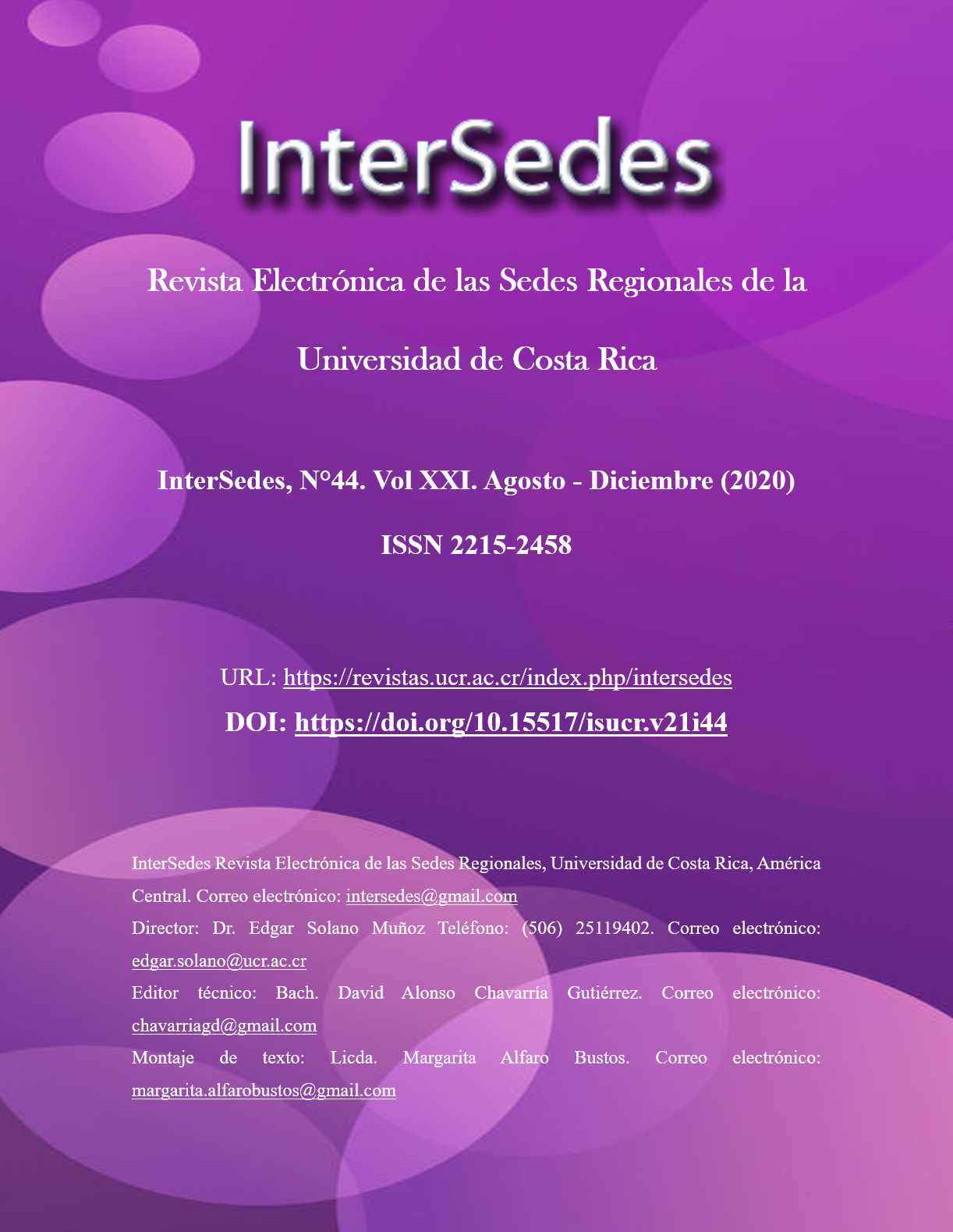Abstract
The article aims to recognize the importance of incorporating philosophical texts in the theoretical foundation of programs for attention to people addicted to drugs. In the introduction he exposes the importance of the work Himself as Other in relation to the treatment of drug addicts; The theoretical foundations of the Therapeutic Community are presented as a model of care, a general summary of the work in question, continued with the relationship established between the mentioned work and the Therapeutic Community. It is concluded that Himself as Other, offers theoretical support for the development of programs for the care of people addicted to drugs.
References
Cuenca, A. (2012). Rastros antropológico-ético en el pensamiento de Paul Ricouer http://digitum.um.es/xmlui/bitstream/10201/10233/1/Rasgos%20antropologicoeticos%20en%20el%20pensamiento.pdf
Escohotado, A. (2008). Historia General de las Drogas. Madrid: Alianza Editorial.
Fernández, J. (2007) Propuestas Antropológicas del siglo XX (II). Pamplona. EUNSA
Gevaert, J. (2005) El problema del hombre: introducción a la antropología filosófica (14ª ed.). Salamanca, ES.: Ediciones Sígueme.
Mora, G. (2017). Programa de atención al adicto, Rostro de Jesús. Alajuela. Sin publicar.
Moizeszowicz, J. (2000). Psicofarmacología psicodinámica IV: estrategias terapéuticas y psiconeurobiológicas. Buenos Aires: Paidós.
Ricoeur, P. (1990). Historia y Verdad. (2a ed) Madrid.: Encuentro
________. (2003) Sí Mismo como Otro (2 ed). Buenos Aíres.: SIGLO XXI
________. (2011) Finitud y culpabilidad (2a ed). Madrid.: Trotta.
Triana, M. (1997). Obligación y compromiso, estudio sobre la ética en el pensamiento filosófico de Paul Ricouer. Tesis sometida a la consideración del programa de estudios de posgrado en filosofía para optar por el grado de doctor en filosofía. San José. Universidad de Costa Rica.


